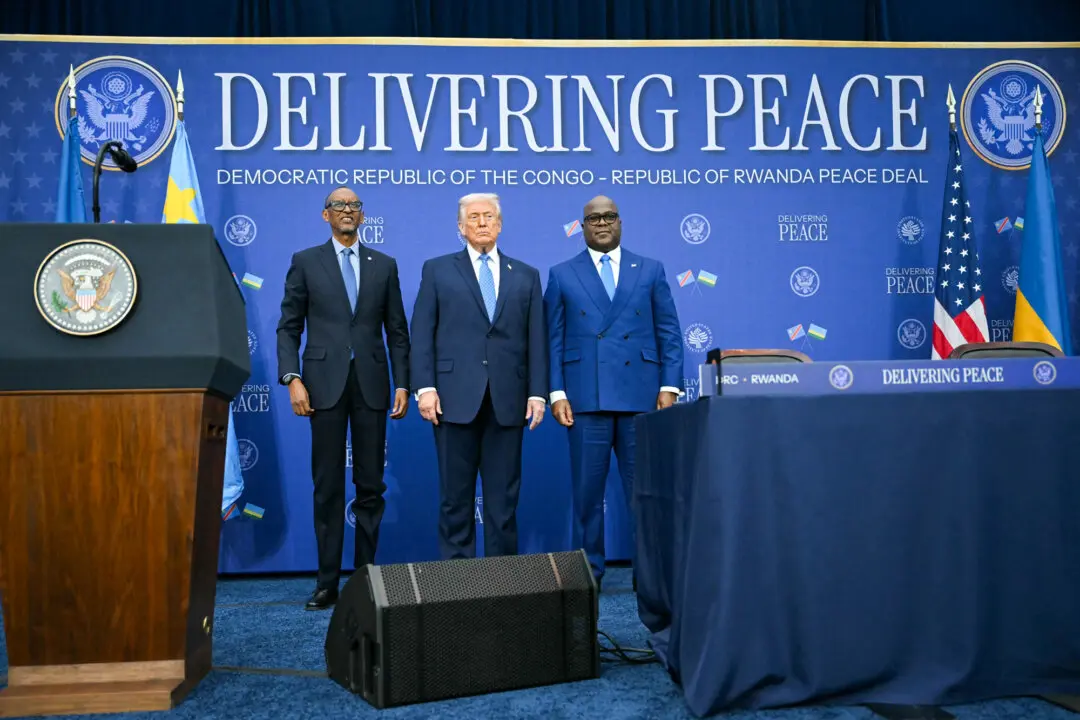Commentary
Sometime in December 2019, Dr. Li Wenliang decided he must act. His clinic in the Hubei Province capital, Wuhan, had too many patients with viral pneumonia symptoms. In a private online chat, he warned a few other doctors that analysis indicated a “SARS coronavirus.” The SARS epidemic erupted in 2002 and still embarrasses Beijing.





